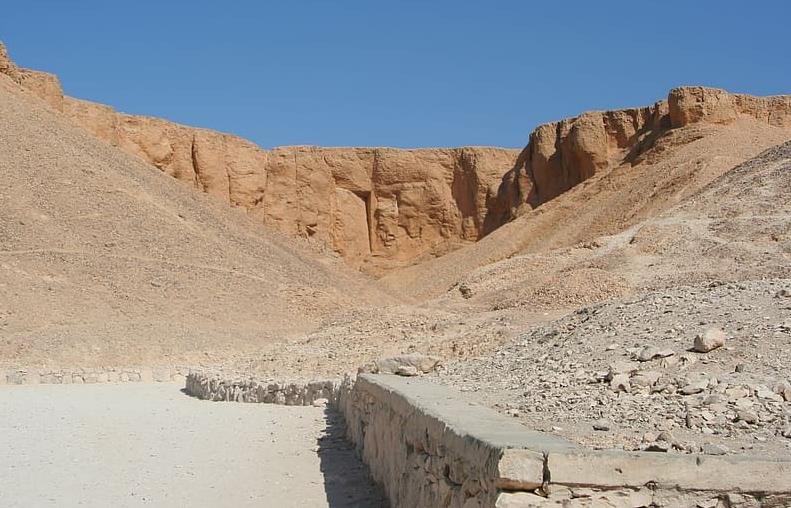The peace treaty between Israel and Egypt, which was signed in 1979 and ended three decades of wars, is facing a serious threat amid the ongoing Gaza conflict. Egypt has warned that it could void the treaty if Israel invades the city of Rafah, where many Palestinians have fled. What are the possible consequences of such a scenario for the region and the world?
Egypt has been one of the main mediators in the Gaza war, which started on October 7, 2023, after Hamas launched rockets at Israel. Egypt has tried to broker several ceasefires, but none of them have lasted. Egypt has also expressed its solidarity with the Palestinian cause and condemned Israel’s attacks on civilians and infrastructure.
Egypt has also said that it would not open its border with Gaza to allow refugees to enter, partly because it does not want to be seen as facilitating the displacement of Palestinians, but also because of security and economic reasons. Egypt has been fighting a long-running insurgency by Islamic State militants in the Sinai Peninsula, which borders Gaza. Egypt also fears that opening the border could worsen the humanitarian situation in Gaza and increase the influence of Hamas, which Egypt considers a terrorist group.

However, Egypt has also hinted that it could change its position if Israel were to launch a ground operation in Rafah, the southernmost city in Gaza, where about 1.4 million people live. Israel has announced its intention to attack Rafah, claiming that Hamas forces and Israeli hostages are there. Israel has also instructed Palestinians to leave the city and move to open areas north of it.
According to an Associated Press report, which was denied by Egypt’s foreign minister, Egypt has threatened to void its peace treaty with Israel if Israeli troops enter Rafah. The report cited an unnamed Egyptian official who said that Egypt would consider the treaty “null and void” and would “use all means available to stop the Israeli aggression” .
The significance of the peace treaty
The peace treaty between Israel and Egypt, which was brokered by the US and signed by Egyptian President Anwar Sadat and Israeli Prime Minister Menachem Begin in 1979, was the first of its kind between an Arab country and Israel. Since then, five more Arab countries have normalized relations with Israel, most recently the UAE, Bahrain, Morocco and Sudan in 2020.
The treaty has been seen as a cornerstone of stability and security in the Middle East, as it neutralized the most powerful and populous Arab country from the Arab-Israeli conflict. The treaty also allowed Egypt to regain its sovereignty over the Sinai Peninsula, which it lost to Israel in the 1967 Six-Day War. The treaty also boosted the economic and military ties between Egypt and the US, which provides Egypt with about $1.3 billion in annual aid .
The treaty has survived several challenges and crises over the years, such as the assassination of Sadat in 1981, the 2011 Arab Spring uprising that toppled Hosni Mubarak, and the 2013 coup that ousted Mohamed Morsi. The treaty has also endured periods of diplomatic tensions and public hostility between the two countries, especially over the Palestinian issue.
However, the treaty has also brought some benefits to both sides, such as diplomatic and security cooperation, tourism and trade. In 2018, Israel and Egypt signed a deal for Israel to export natural gas to Egypt for 10 years, worth $15 billion . The deal was seen as a sign of the growing economic and strategic partnership between the two countries.
The potential impact of a treaty collapse
If Egypt were to nullify the peace treaty with Israel, it could have serious repercussions for both countries and the region. For Israel, it could mean losing its most important ally in the Arab world and facing a new security threat on its southern border. Israel would have to divert more resources and troops to protect itself from a possible Egyptian attack or infiltration by militants from Sinai. Israel would also lose access to the Suez Canal, which is vital for its trade and naval operations.
For Egypt, it could mean losing its status as a regional leader and a reliable partner for the US and the international community. Egypt could also face economic and diplomatic sanctions from the US and other countries, which could worsen its already fragile economy. Egypt could also risk escalating the conflict with Israel, which has a superior military and nuclear capability. Egypt could also face more instability and violence in Sinai, where it has been struggling to contain the Islamic State insurgency.
For the region, it could mean a new wave of violence and instability, as the Arab-Israeli conflict could reignite and spread to other countries. It could also undermine the prospects of a peaceful resolution of the Palestinian issue, as Egypt has been a key mediator between Israel and the Palestinians. It could also jeopardize the recent normalization agreements between Israel and other Arab countries, which could face pressure from their publics to sever ties with Israel.
For the world, it could mean a loss of a major achievement of diplomacy and a setback for the global efforts to promote peace and cooperation. It could also pose a challenge for the US, which has been the main sponsor and guarantor of the peace treaty. The US would have to choose between supporting its ally Israel or maintaining its strategic relationship with Egypt. The US would also have to deal with the implications of a possible nuclear confrontation in the Middle East, which could threaten the global security and order.
